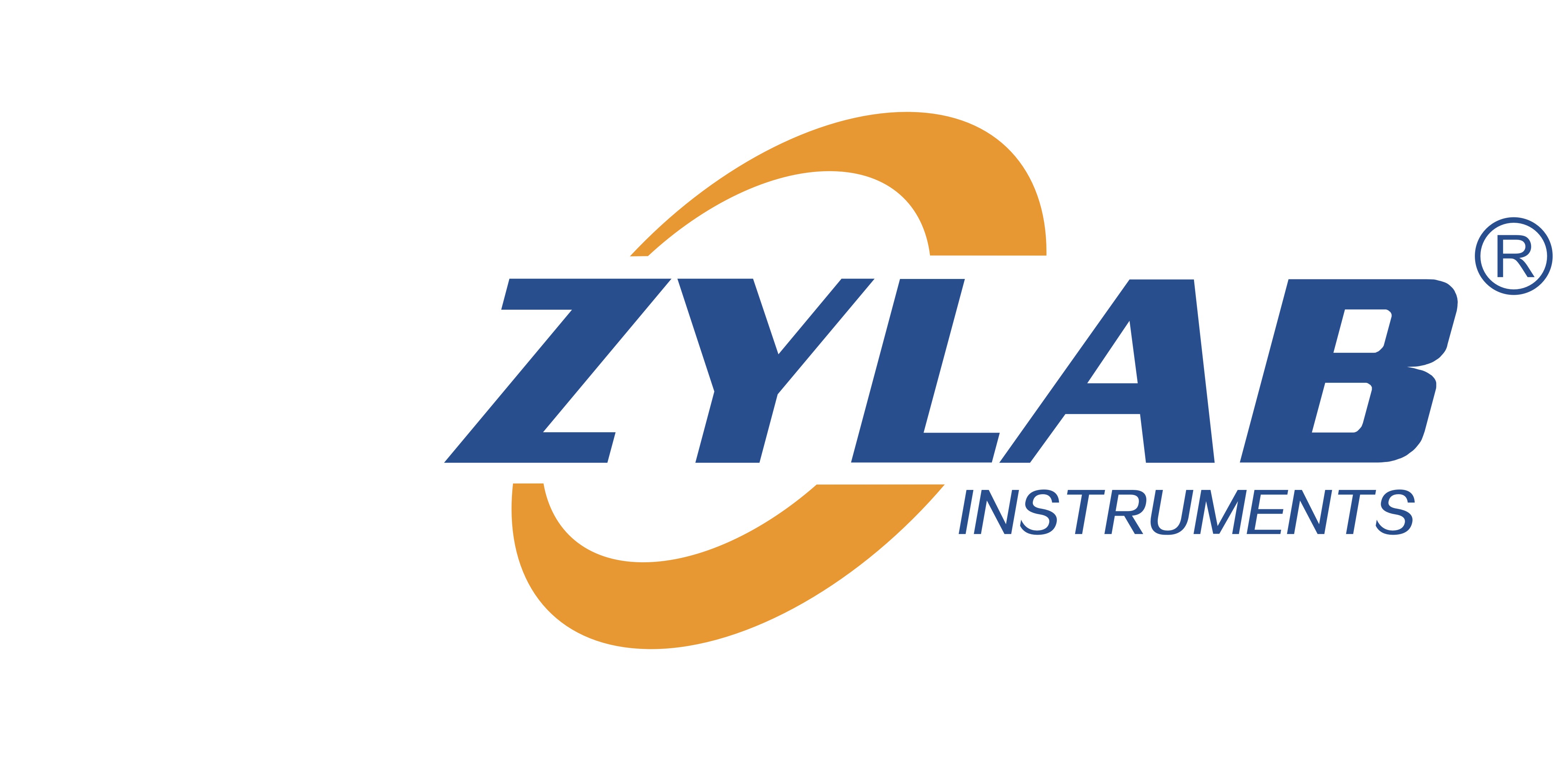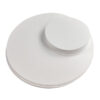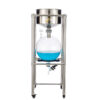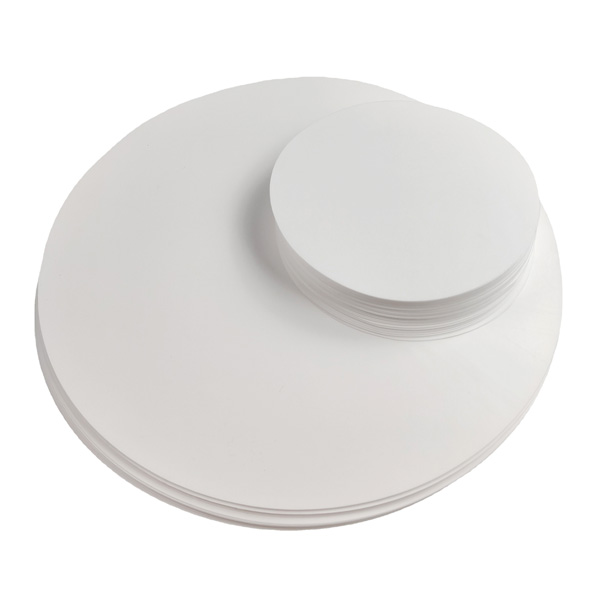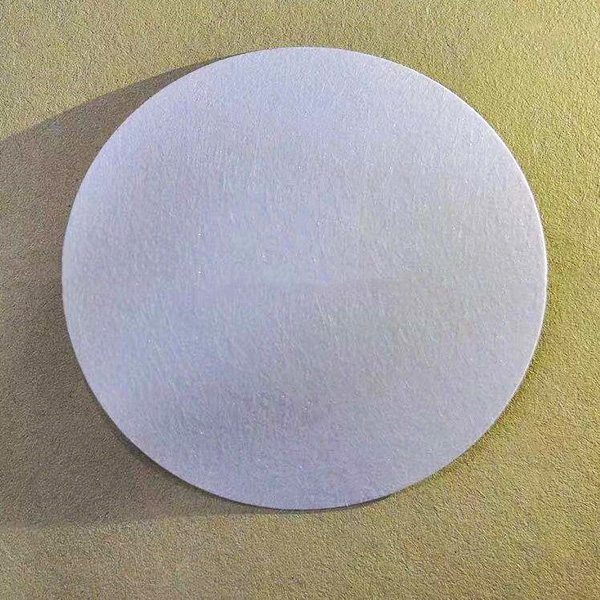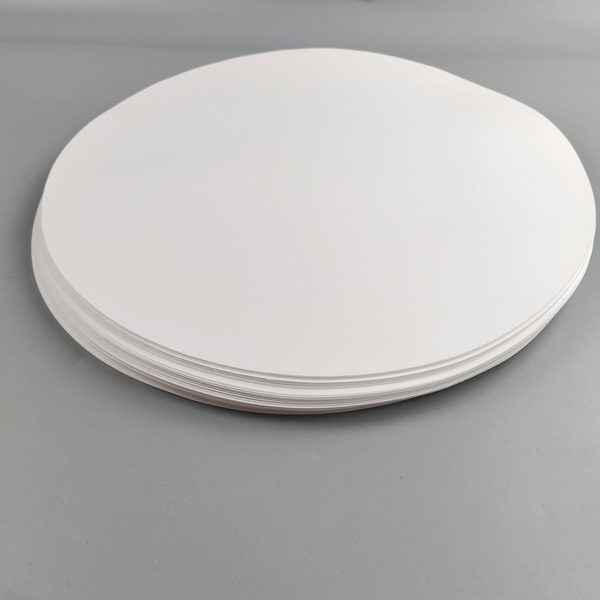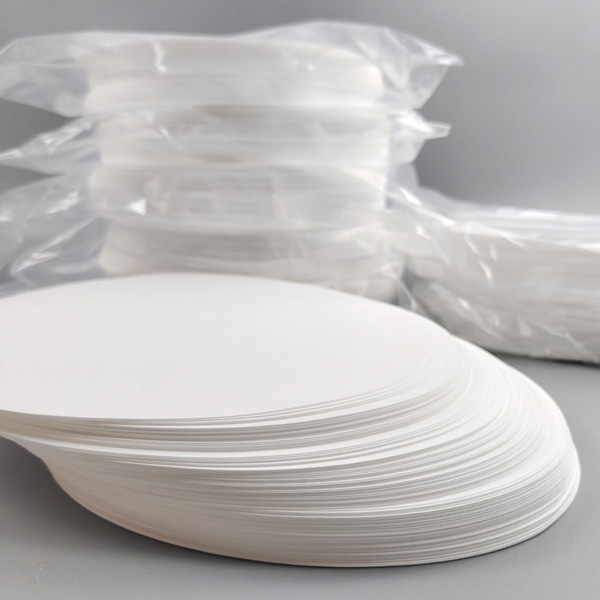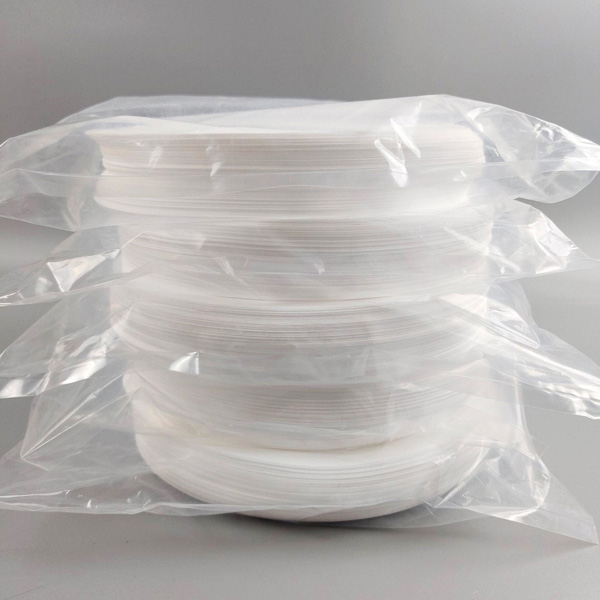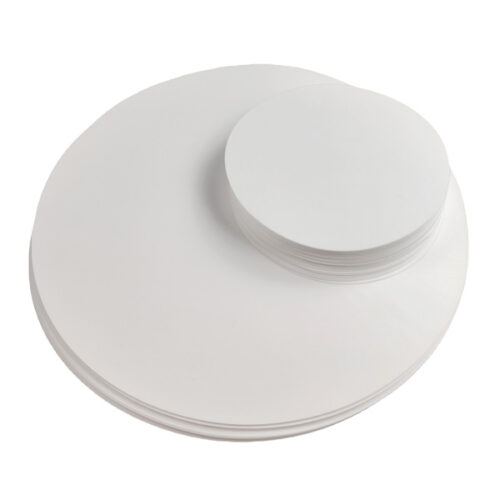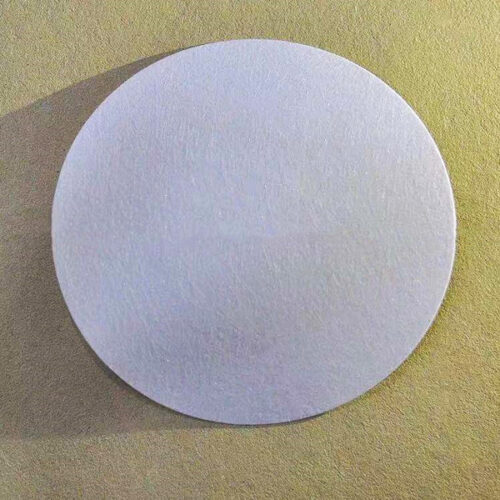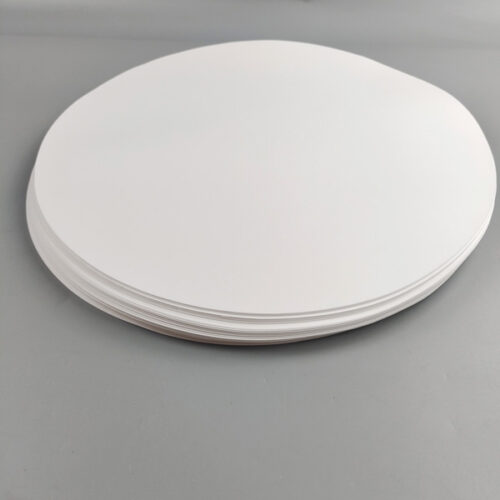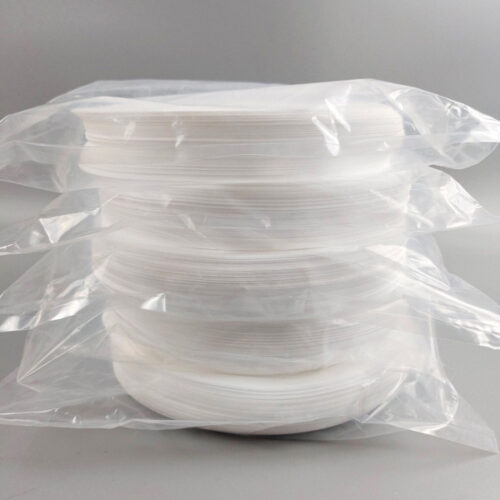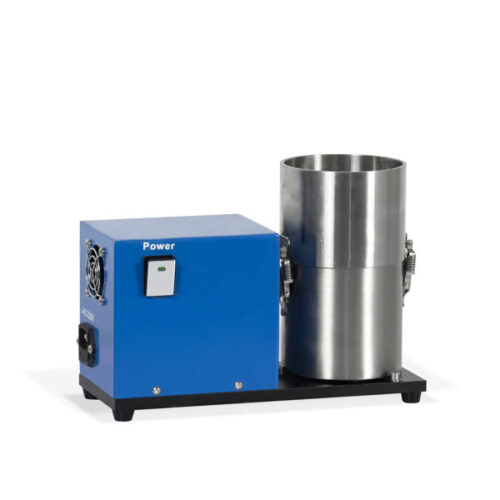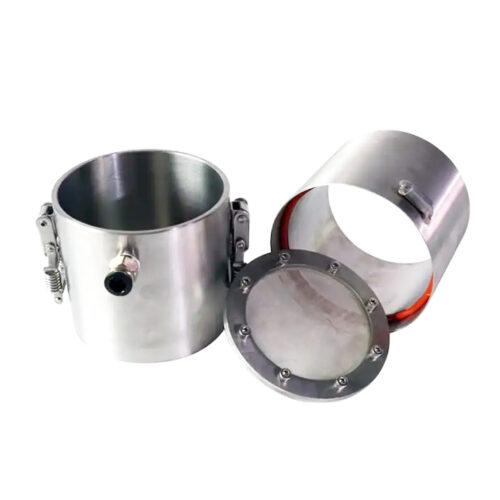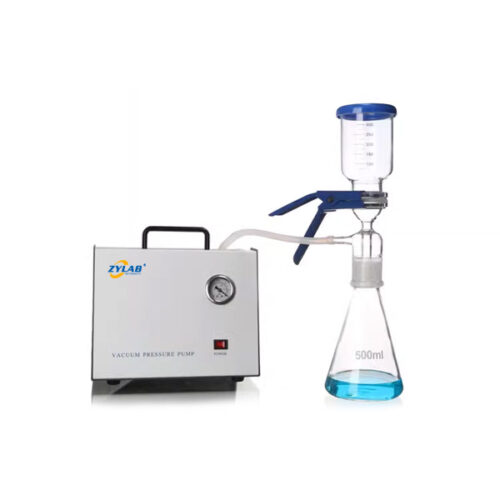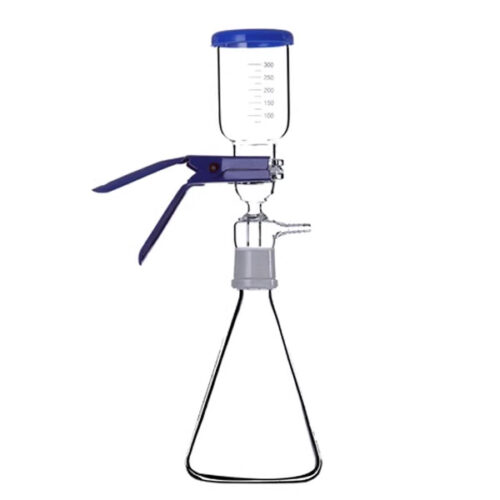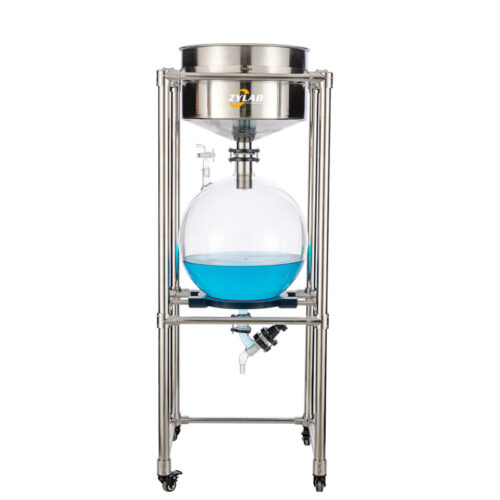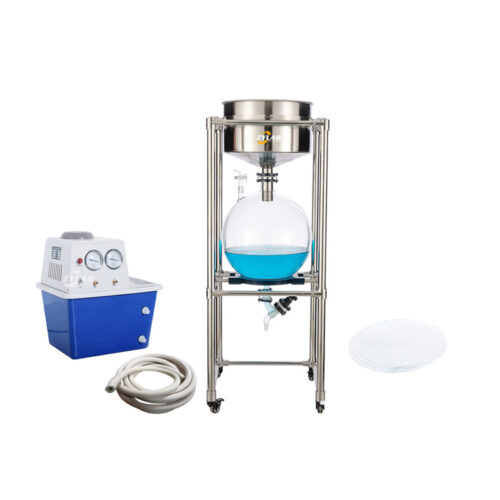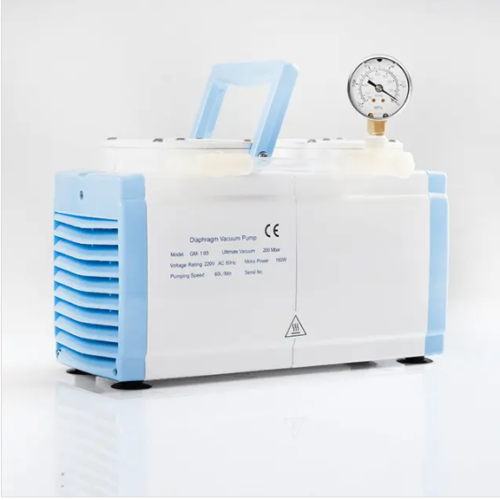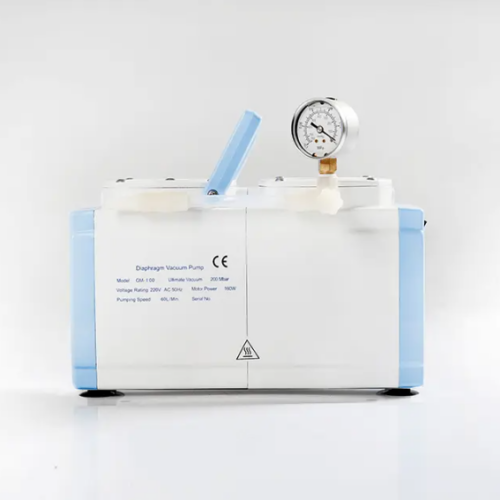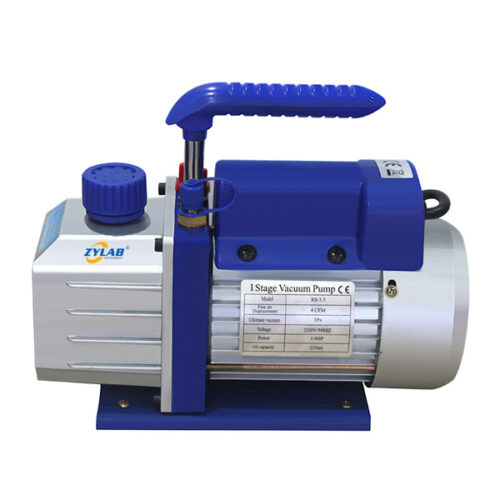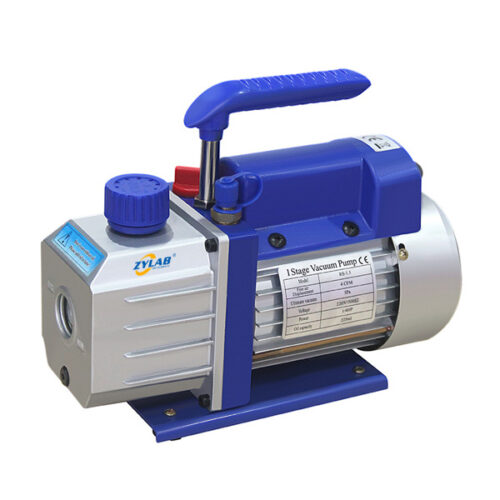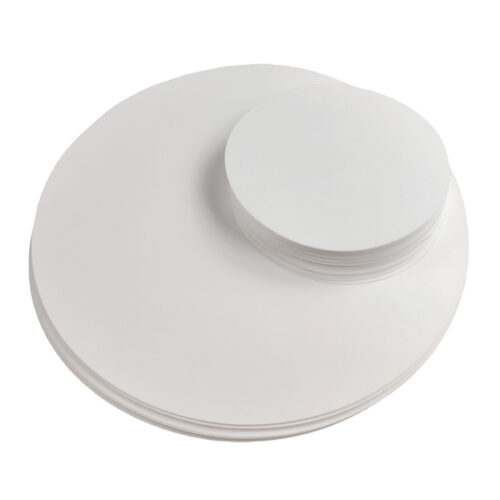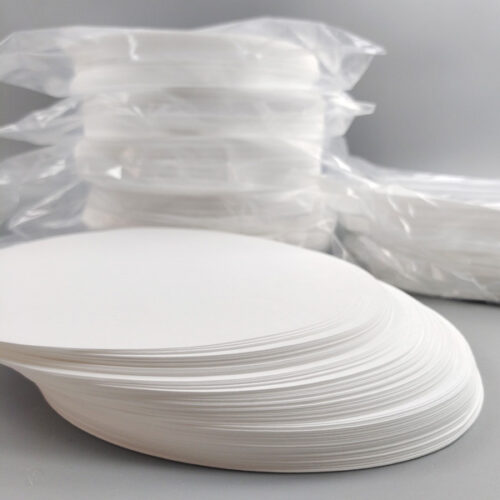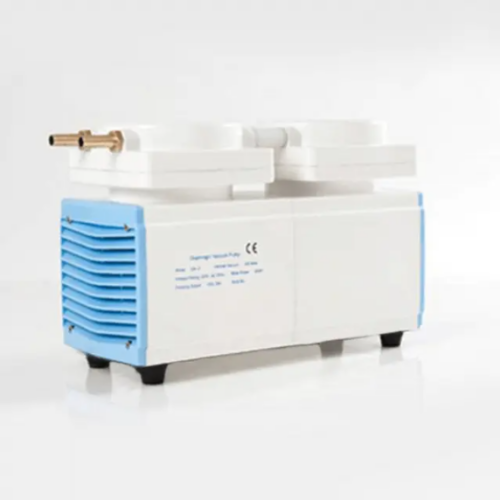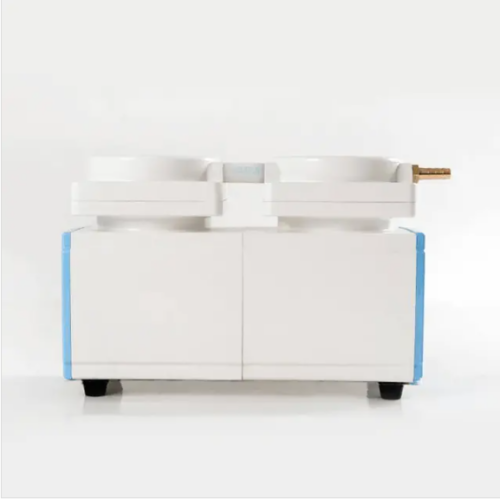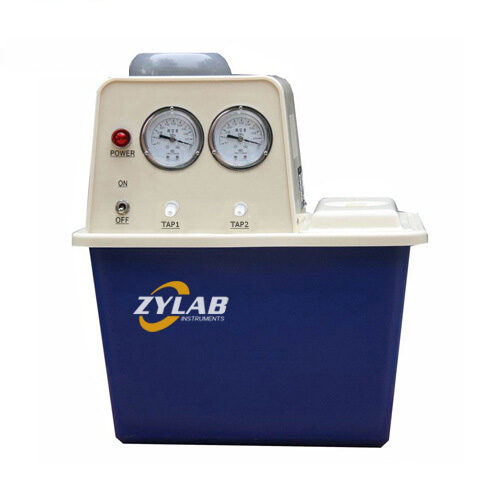0.1~10.0 Micron Microporous Filter Membrane
Introduction:
A microporous filter membrane is a type of filtration membrane used to separate particles and microorganisms from a fluid. It works by allowing smaller particles and solvents to pass through while retaining larger particles, colloids, and microorganisms. Pore sizes typically ranging from 0.1 to 10 micrometers.
Applications:
Microfiltration is considered one of the less aggressive forms of membrane filtration, often used for clarifying fluids, removing suspended solids, and sterilizing liquids.
Fields:
Microporous filter membranes are used in a variety of applications including water treatment, food and beverage processing, pharmaceutical manufacturing, biotechnology, and industrial processes, etc.
Main types of our supply:
Polypropylene Microporous Filter Membrane (PP Membrane)
Introduction:
Polypropylene Microporous Filter Membrane is a filtration membrane made by thermal bonding of polypropylene ultrafine fibers together, which belongs to one type of deep filtration membrane.
Parameters:
Material: Food-grade polypropylene
Membrane thickness: 0.18-0.35mm
Optional diameter: 13mm-800mm
Optional pore size: 0.1um, 0.22um, 0.45um, 1.0um, 5.0um, 8.0um, 10.0um
Product Features:
- PP is hydrophilic but can also filter gas.
- No additives are added throughout the production process.
- Stable physical and chemical properties with good compatibility.
- Available in a range of pore sizes, with high porosity and large dirt holding capacity.
- Made from high molecular materials, non-toxic, and widely used in medical, chemical, food, and beverage fields.
- Excellent chemical resistance, can withstand acids, alkalis, and solvents, including polar solvents (except for benzene and toluene).
- Temperature resistant, can heat-sterilized at 121°C for 30 minutes, with a working temperature below 80°C.
- Good strength, no deformation, no medium shedding, and no re-contamination. Before use, soak in 70% ethanol for a few minutes before use.
Nylon Microporous Filter Membrane
Introduction:
Nylon Microporous Filter Membrane is made of aliphatic nylon with good hydrophilicity, suitable for organic solvents such as alcohols, hydrocarbons, ethers, esters, ketones, benzene and its homologues, dimethylformamide, dimethyl maple, etc. It is one of the widely used microfiltration membranes and belongs to the terminal filtration membrane.
Parameters:
Optional diameter: 13mm-800mm
Optional pore size: 0.1um, 0.22um, 0.45um, 1.0um, 5.0um, 8.0um, 10.0um
Material: Nylon (N6, N66), commonly known as organic membrane or oily membrane
Maximum working temperature: 60°C
Product Features:
- Nylon membrane is hydrophilic with high chemical compatibility, can sterilize and remove impurities.
- Can filter appropriate concentrations of acidic and alkaline solutions.
- Generally used for partial organic solvents and aqueous solutions, not suitable for filtering corrosive solvents and strong acidic or alkaline solutions.
Polytetrafluoroethylene Microporous Filter Membrane
Introduction:
Polytetrafluoroethylene Microporous Filter Membrane is made of expanded polytetrafluoroethylene and has excellent chemical compatibility. Modified to become a hydrophilic membrane, it is widely used in aqueous and organic solutions.
Parameters:
Optional diameter: 13mm-800mm
Optional pore size: 0.1um/0.22um/0.45um/1.0um/x5.0um, etc.
Alias: Hydrophilic Polytetrafluoroethylene, English code PTFE.
Chemical formula: -(CF2CF2)n-
Thickness: 16±1 (filament)
Melting point: 327±10°C
Thermal decomposition temperature: 415°C
Burning temperature: Non-flammable
Density: 2.17-2.23g/cm3
Chemical stability: Polytetrafluoroethylene can withstand almost all chemical reactions except melting alkali metals, chlorine trifluoride, chlorine pentafluoride, and liquid fluorine.
Product Features:
- Extremely strong chemical corrosion resistance and good heat resistance.
- Larger flow rate, extremely low protein adsorption, and temperature resistance.
- Suitable for filtering microorganisms, steam, and various corrosive liquids.
- Suitable for all solvents, acids, and salts, with no soluble substances.
- Disinfectant filtration is more suitable than other materials. Good pore size consistency.
Application Fields: HPLC mobile phase and other mixtures of water and organic solvents; analysis of water samples, separation of RNA, filtration of most organic solvents, strong acids and alkalis, widely used in pharmaceuticals, biochemistry, microelectronics, and laboratories, etc.
Selection reference for filter membranes: (Specifically depends on chemical compatibility)
- For hydrophilic samples suitable for filtering water-based solutions, choose hydrophilic membrane discs. Available membrane discs include: CN-CA (water membrane), PES membrane, nylon membrane, PP membrane, etc.
- For highly corrosive organic solvents: choose membranes such as PTFE.
- For protein solutions, choose membranes with low protein adsorption, such as CN-CA, PES, PTFE, and PVDF hydrophilic membranes.
- For ion chromatography: generally choose PES filter membranes.
- For gas and steam filtration, choose hydrophobic membranes such as PTFE or PVDF.
- For high-temperature liquids, choose PES filter membranes, PVDF hydrophilic, or PTFE hydrophilic membranes.
